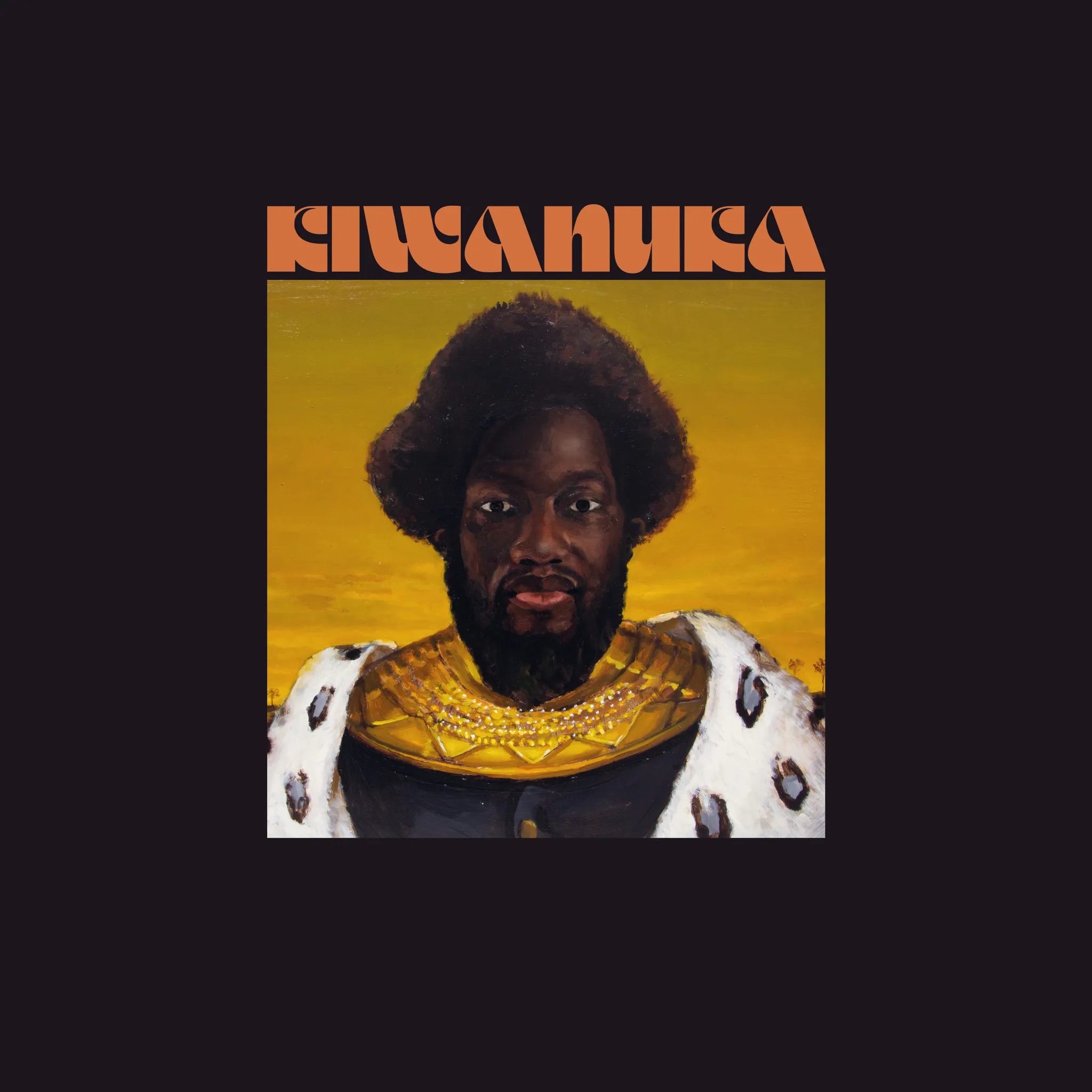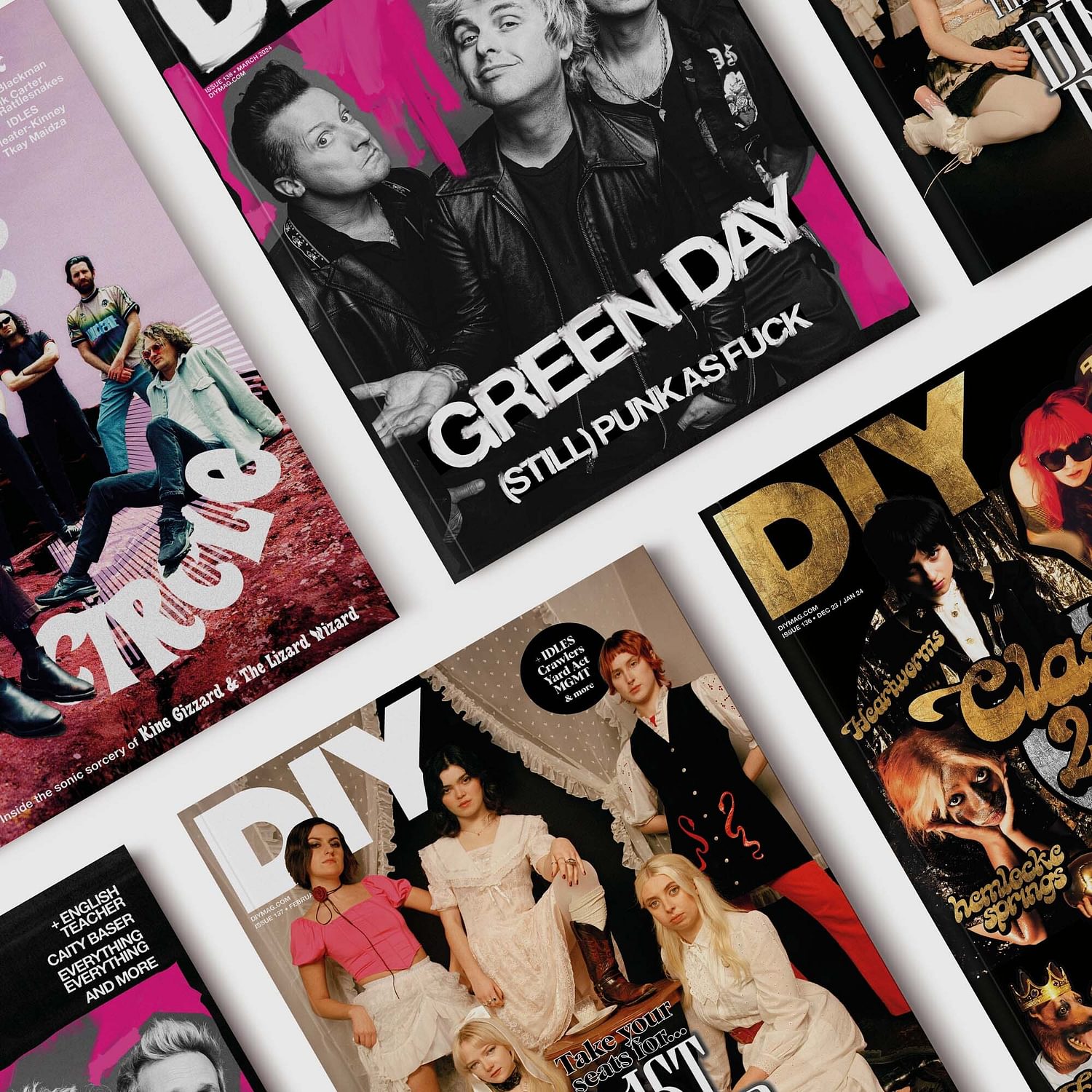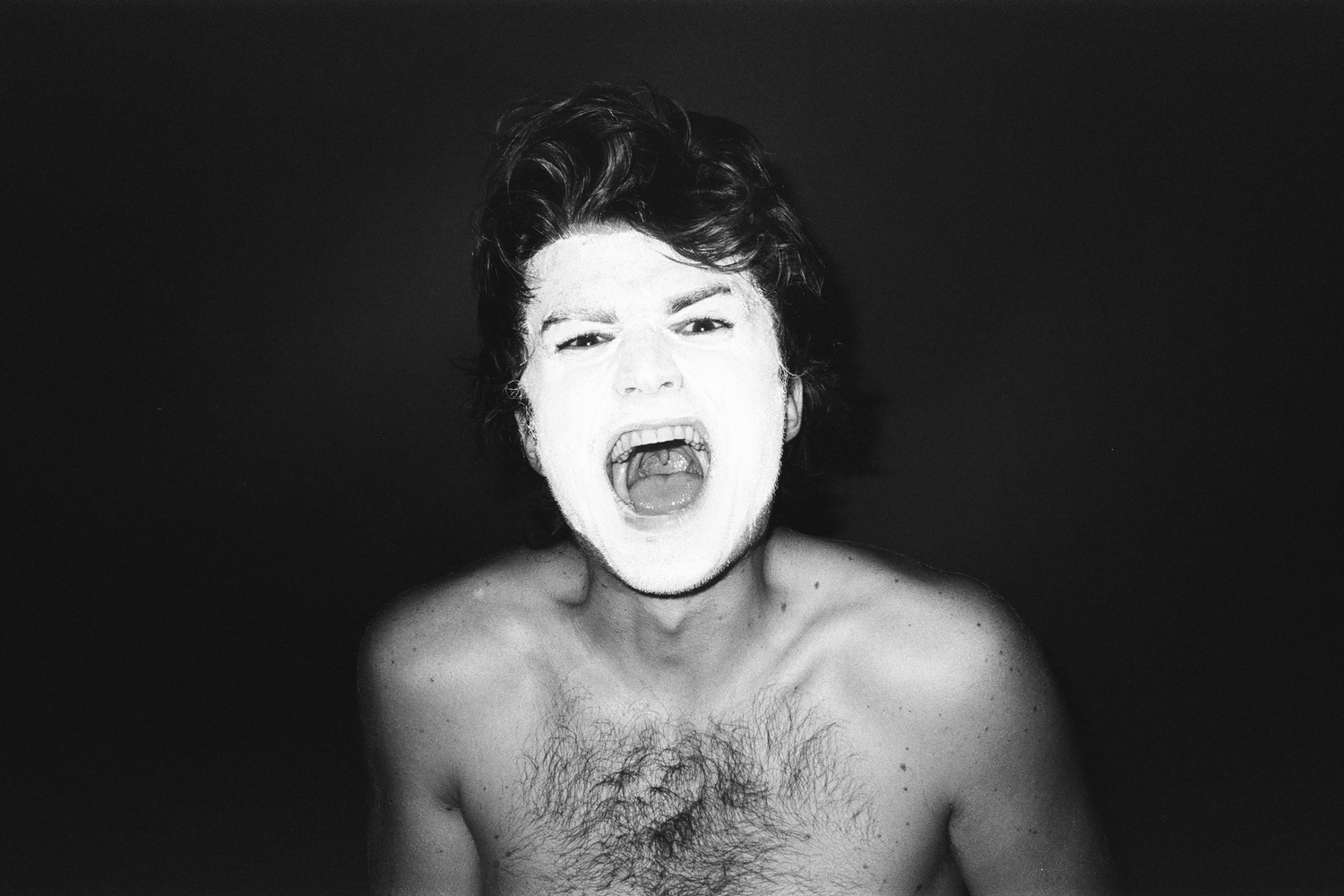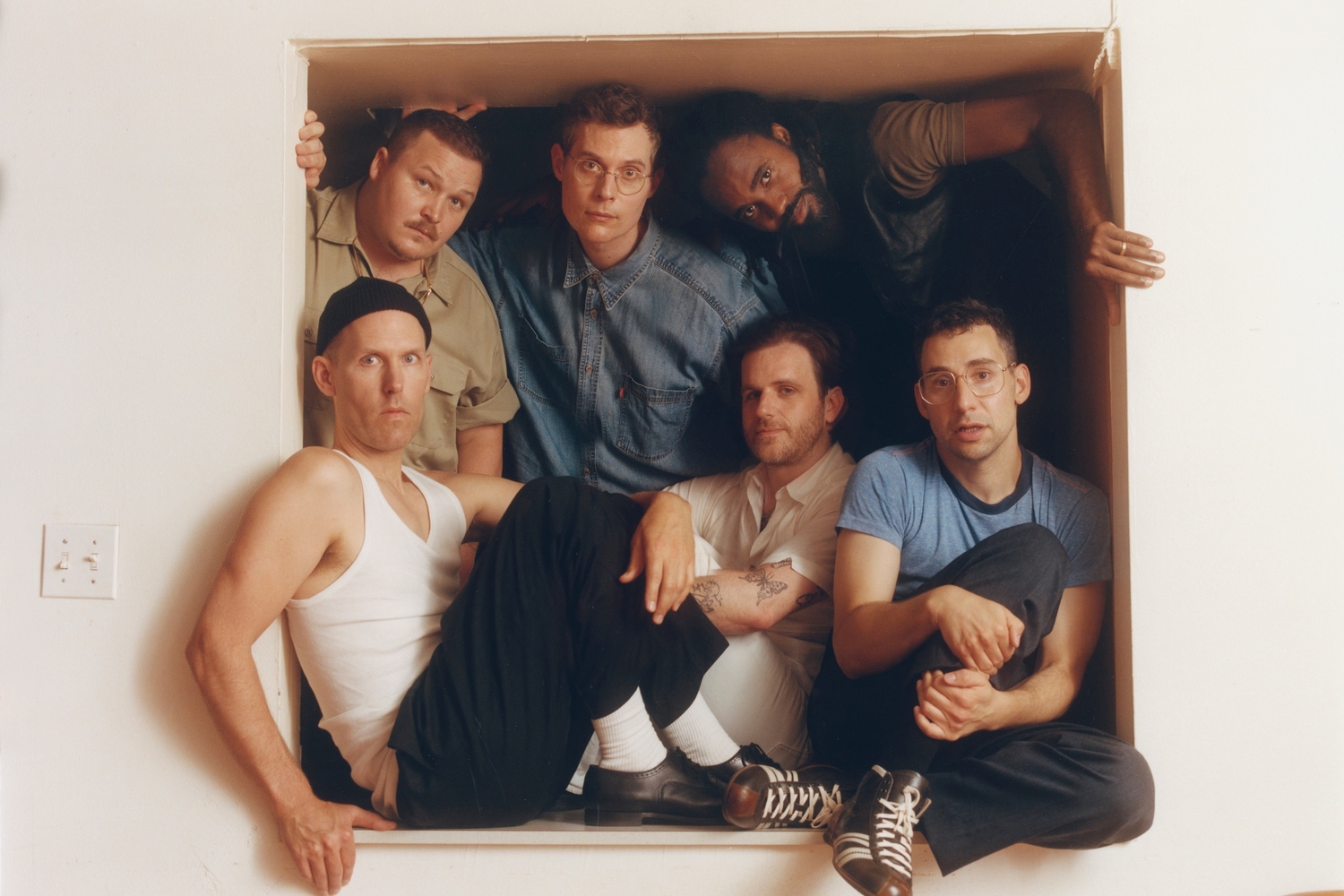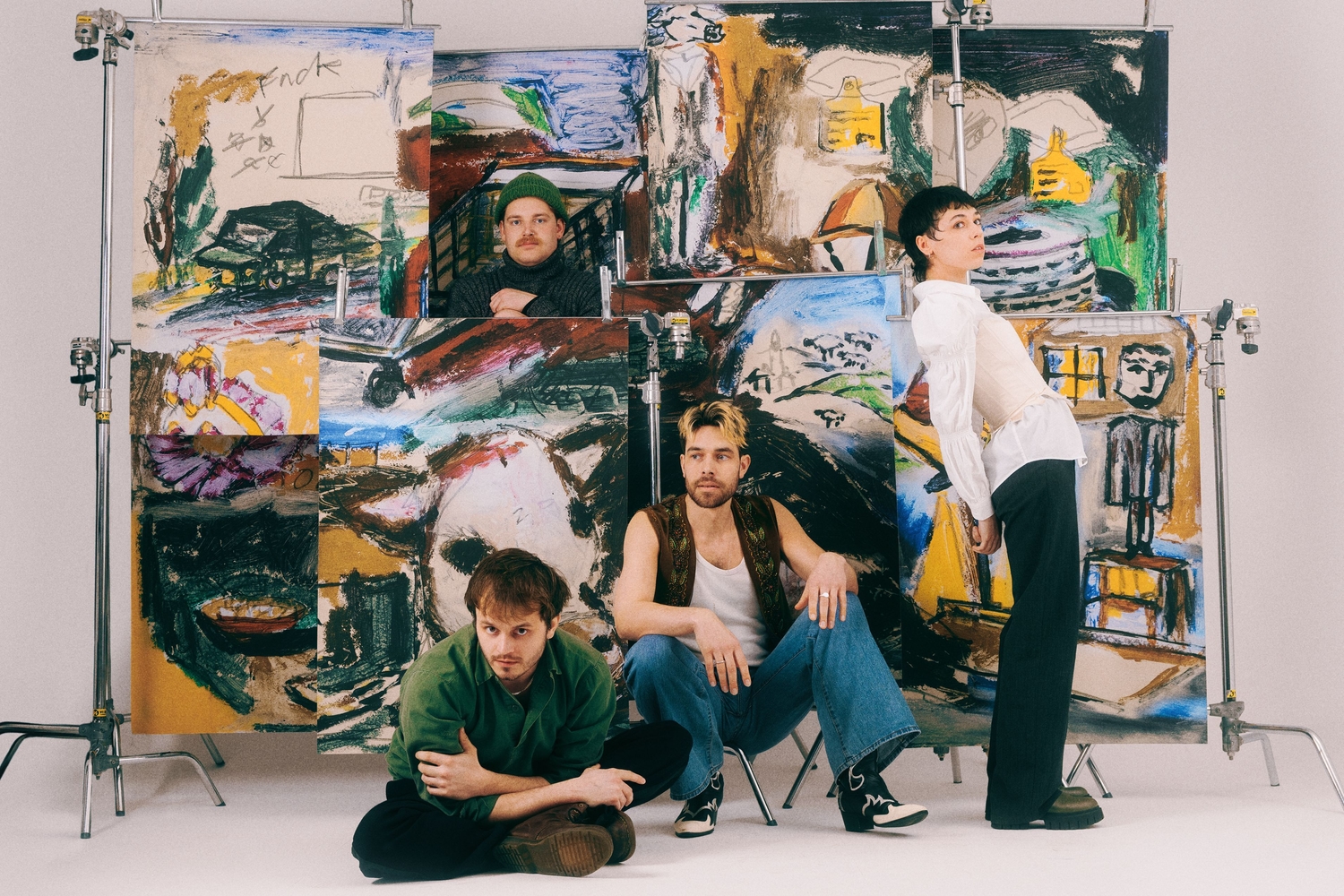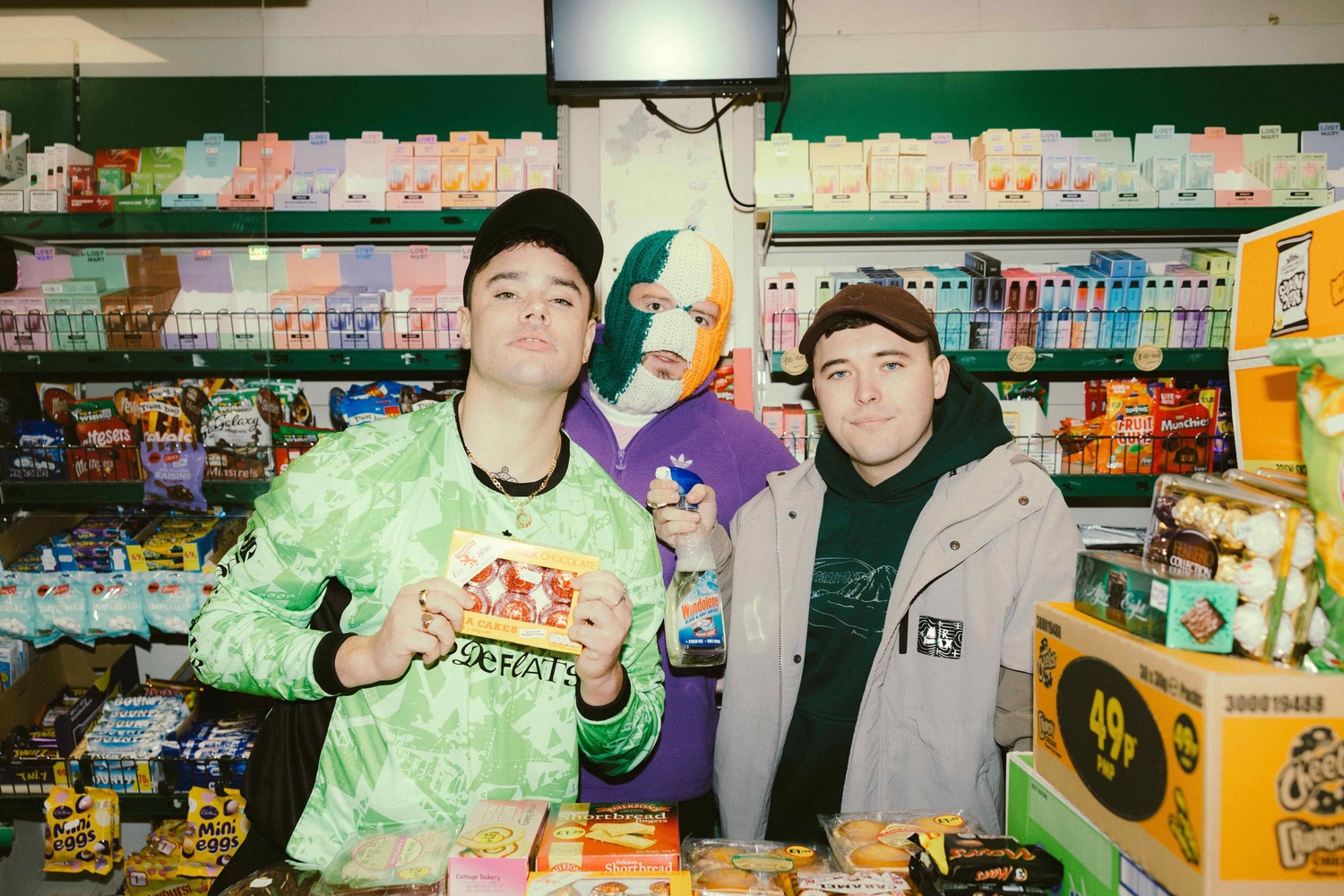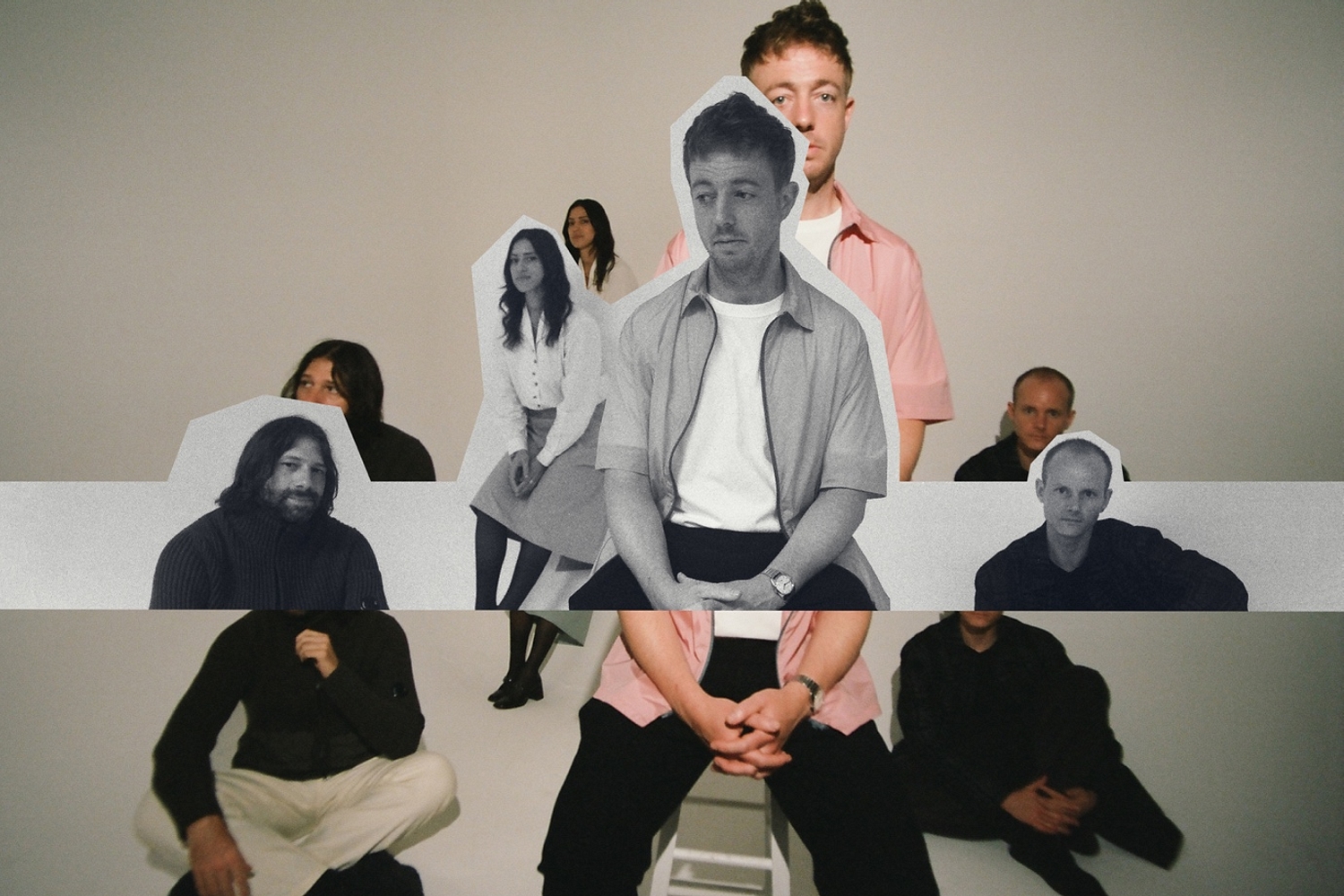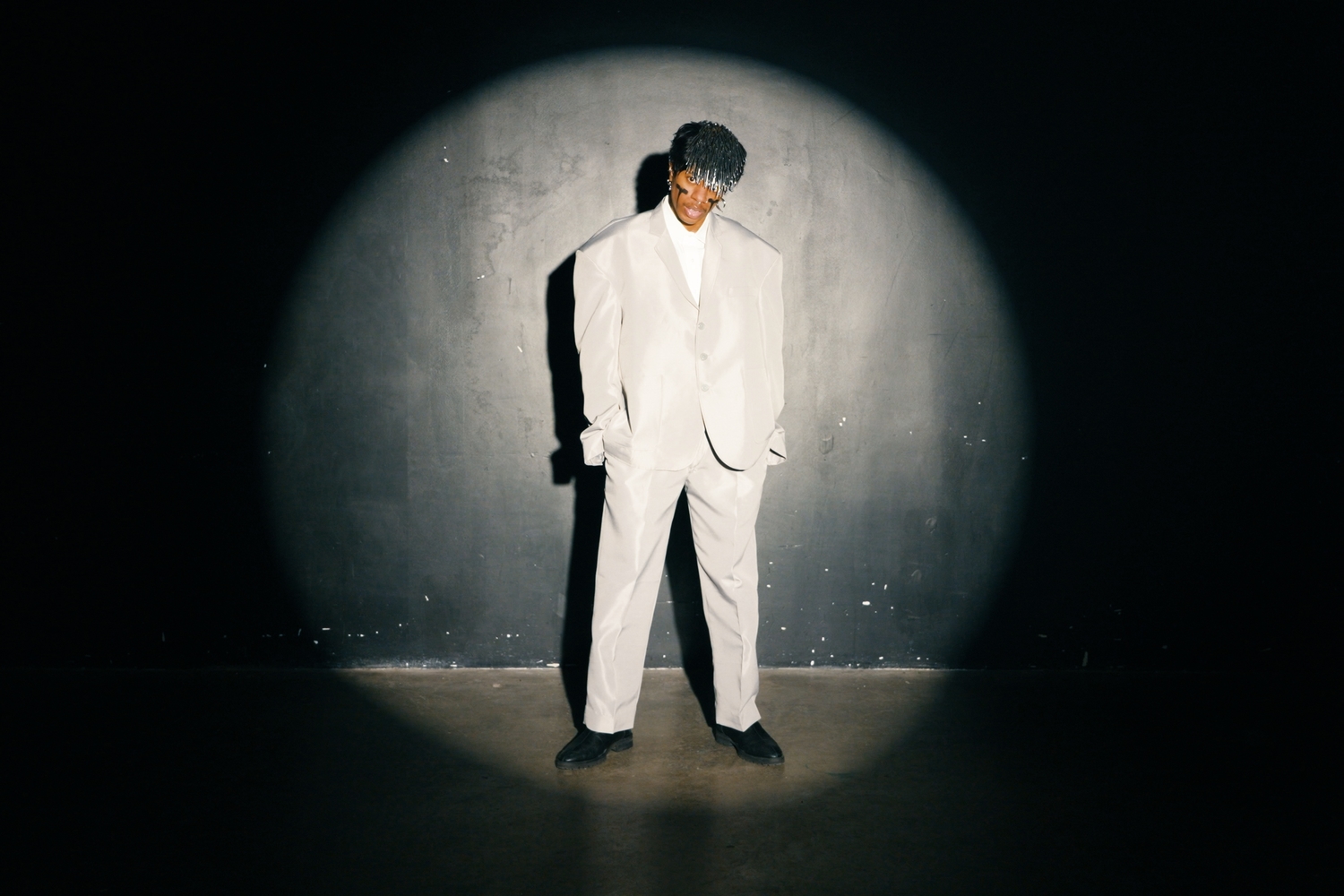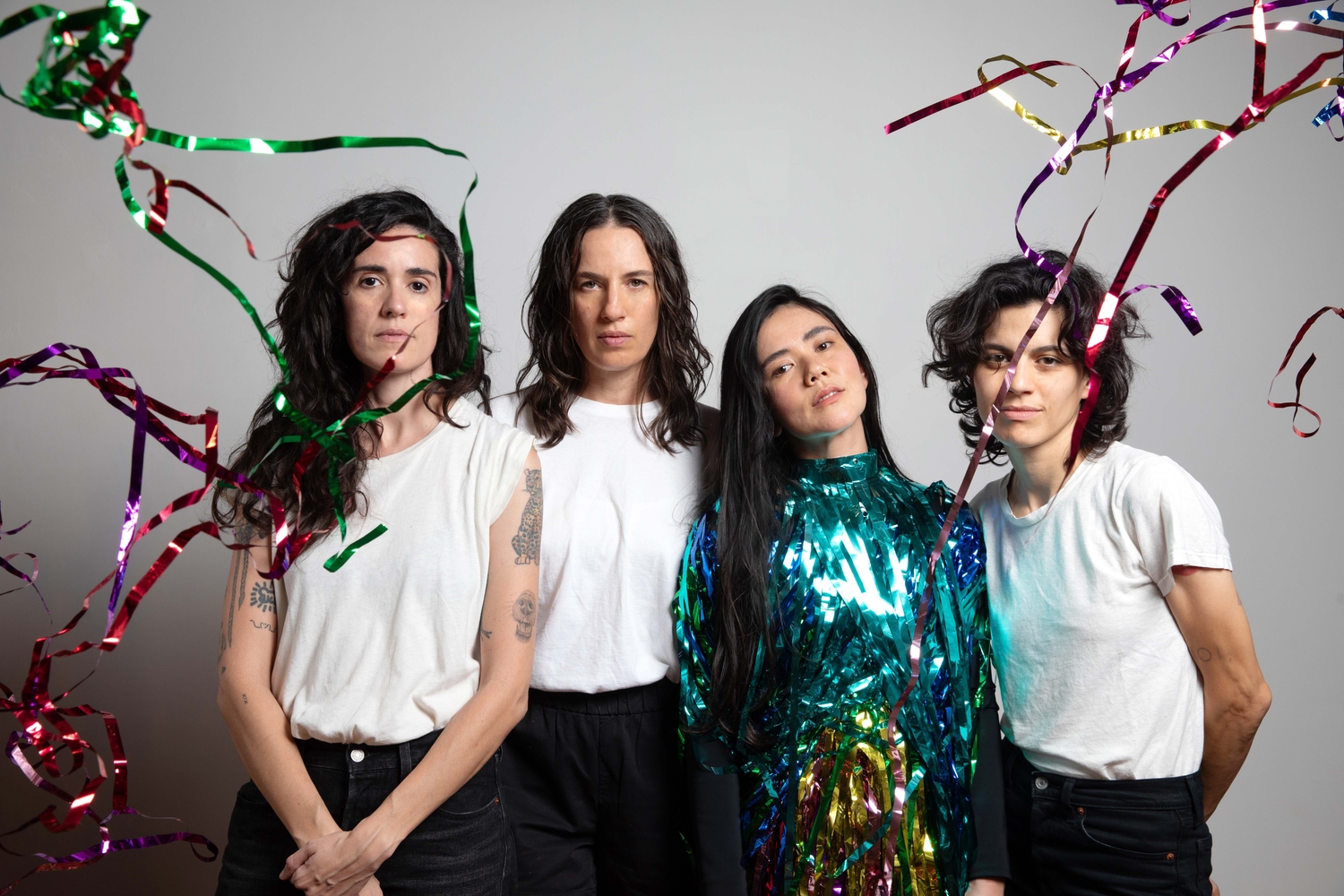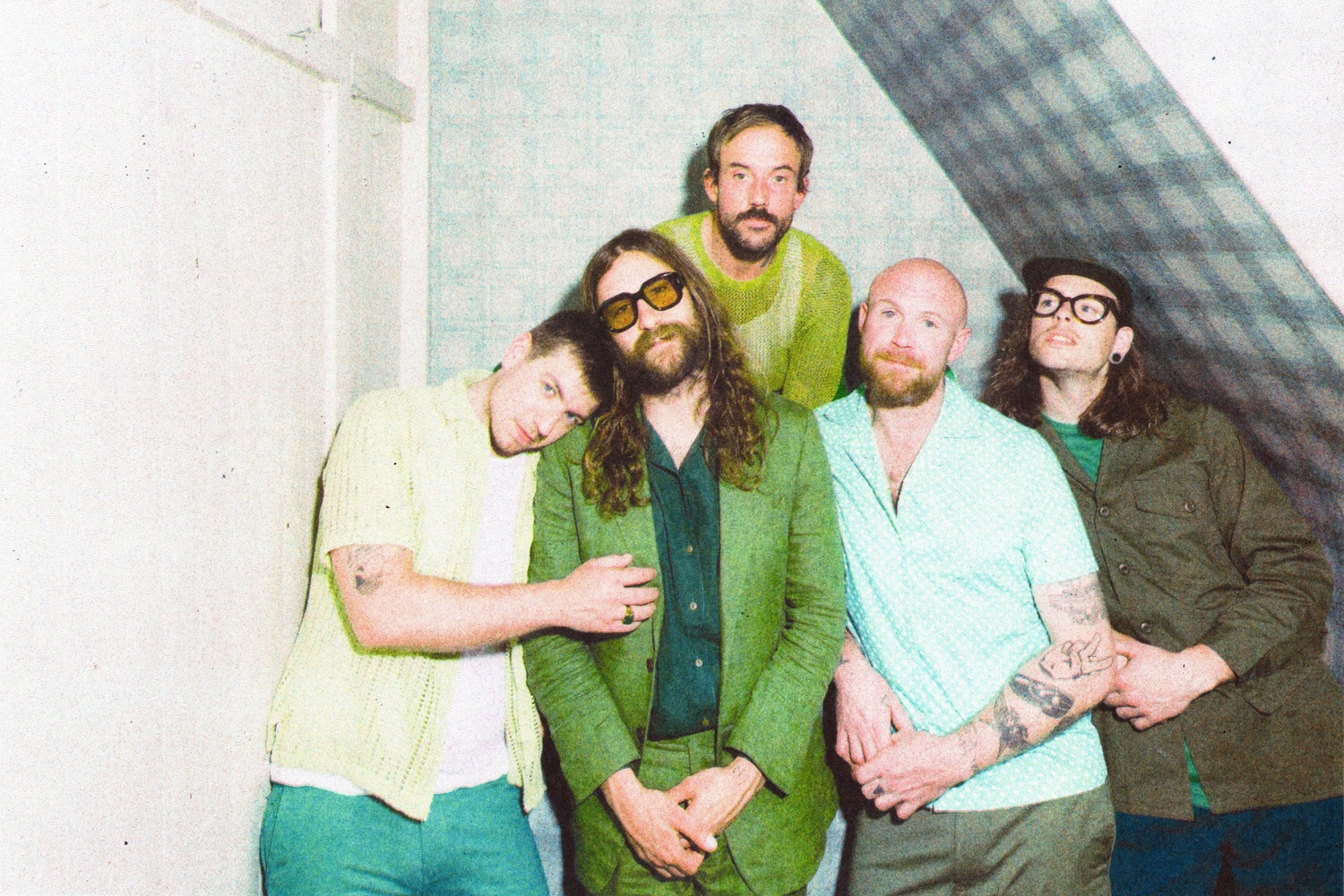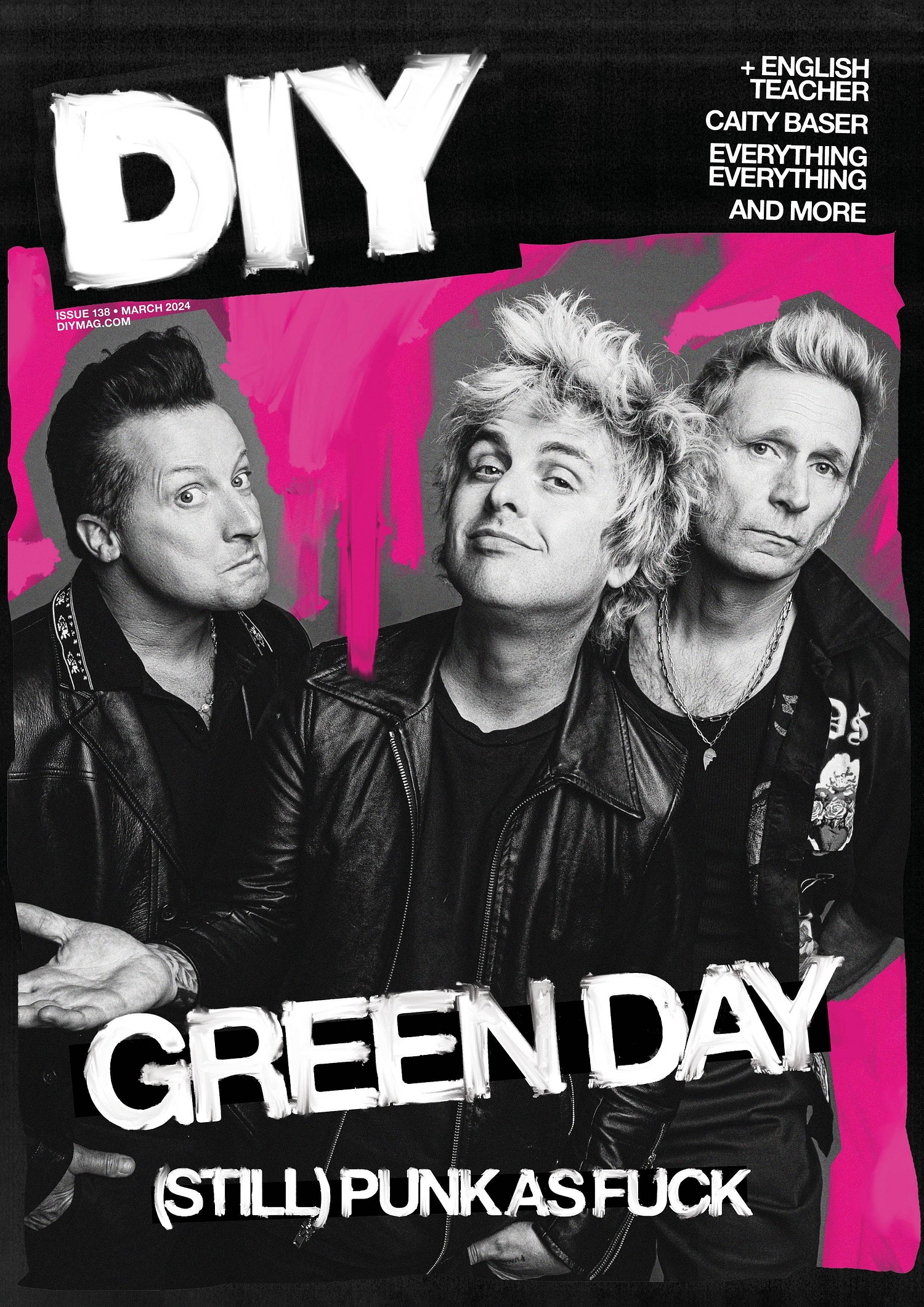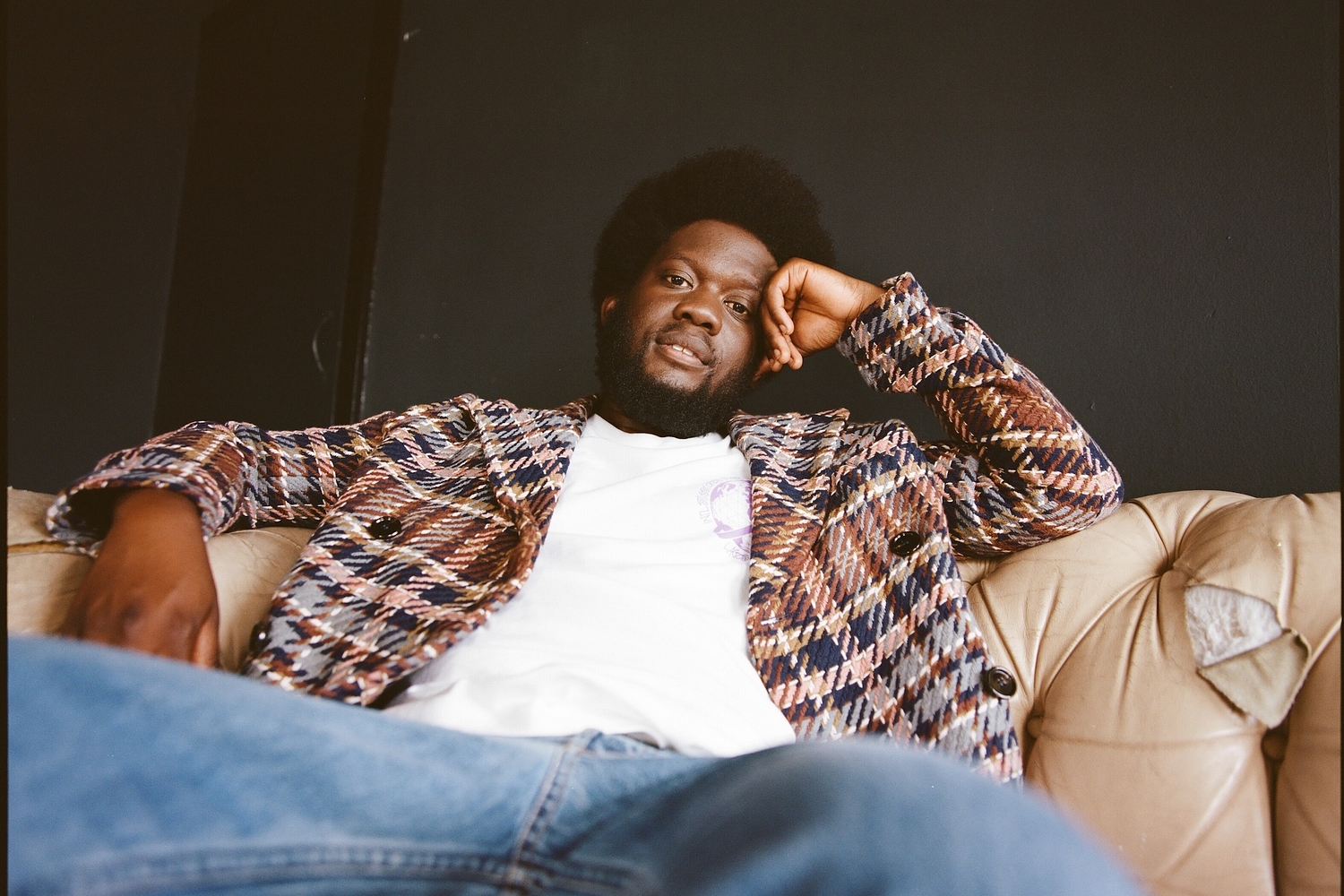
Interview A Quiet Revolution: Michael Kiwanuka
With his most recent, Hyundai Mercury Prize-winning album, Michael offered up his most spectacular record yet. Now, as the year draws to a close, he reflects on what’s been a strange one for us all.
For an artist who has spent a lot of his life wishing he was more like someone else, 2020 has treated Michael Kiwanuka better than most. One of the country’s most consistent singer-songwriters, his third-time-lucky Hyundai Mercury Prize win was one that felt especially vindicating, given that it was the first record upon which he had truly felt like himself.
“Watching that clip back of my face is so funny, but I genuinely was that surprised!” he laughs. “I just hadn’t factored it in at all - I got told the night before that it was basically between three artists, so I thought that I would just find out the same as everyone else. When Annie Mac said that I’d won, I wasn’t ready! By the time all the interviews had finished, it was past ten and the pubs were shut anyway, so I just had a couple of beers in the hotel room before driving back home. I couldn’t do anything massive within the Rule of Six, but I definitely celebrated.”
It’s not difficult to believe that victory might come as a bit of a shock to Michael. Humble and unassuming, he’s the type to duck his head at a compliment, never quite trusting that the proverbial rug isn’t about to be pulled out. The moment in anyone’s career where they make a bid for longevity, Album Three allowed him to finally throw-out the questions that had long hounded his creative process - what will people make of it? And will it fit in with everyone else?
“Making this record, there was definitely a moment where I realised that this is the only job I’ve ever wanted to have, and if I didn’t get over this sense of worry, I was going to miss it,” he recalls. “So I just stopped! I just realised that this was the time to spin those things as a celebration. When I stopped going straight to the point of what somebody would think, lyrics and melodies just started to pour out.”
Like most personal epiphanies, the support of friends and family were instrumental to his reclamation of self. The son of Ugandan parents, he grew up in the predominantly white-affluent area of Muswell Hill, where regular mispronunciations of his name and racialised bemusement towards his preference for the guitar fostered a certain sense of insecurity and burden. It’s a difficult formative feeling to shake off, but a no-nonsense chat with his production dream-team of Inflo and Danger Mouse provided a strong catalyst for a new approach.
“Lyrically, stuff like ‘You Ain’t The Problem’ came really soon after a conversation with Brian [Burton, aka Danger Mouse]. We were talking about America, and I remember asking him if he thought the music would be bigger if I had a different name. He said probably, but that if I concentrated on the name rather than trying to avoid it, things might change,” he explains. “I had never thought of it like that - to celebrate your name and history as opposed to dismissing it as nothing. And so from there, that planted the seed for the title, and even the intro to ‘Hero’; ‘I won’t change my name no matter what they call me’. Most people would have just tried to make me feel good or not really answered the question, but Brian really helped me see a way around it.”
“This is the only job I’ve ever wanted to have, and if I didn’t get over this sense of worry, I was going to miss it.”
As a mingling of the personal and the political, ‘KIWANUKA’ is certainly a moment of bittersweet beverage concoction pulped from the lemons of life. Tracks such as ‘Living In Denial’ and ‘Light’ use plump, velvety horns and lingering gospel tones to push for positivity, while the weary-eyed blues of ‘Final Days’ and ‘Hero’ mourn tragic figures of Black history before finding a sense of hope in their resistance. Although the majority of the record was written in late 2018, its contents have proven to be strangely prophetic of 2020, a time where even those who do not wish to contend with racial politics have been confronted with the COVID-induced realities of isolation, injustice and fallible humanity.
“It’s not the funnest feeling to read those lyrics back in my notepad and be like, ‘Oh, this is all kind of happening now’,” he says. “When I was writing, I was thinking a lot about racial politics in the ‘70s, but it’s almost like history repeating itself. Even ‘Hero’, it’s a song that’s half about me, and half about Fred Hampton and the Black Panthers. I saw a documentary about him - he was 21 when he died, so to have that level of consciousness and leadership at such a young age, it kind of blew my mind. You can’t even imagine the kind of things he would have gone on to say or do, how many people he would have encouraged or mentored.
“With all the news in America, I’m more of an internal processor, so it can take me a while to articulate what I’m thinking. But with social media, I felt a real pressure to say something, you know? I had to realise that it was normal to grieve a little and feel angry before being able to say things the way you want to. Ultimately, I knew that the conversation would slowly die down and life would just get back to ‘normal’, but I’m glad we had a few weeks to have people listen to us and try to understand. Music is a great way to do that, and I’ve felt lucky that I’ve got that form to express my grievances and sadness.”
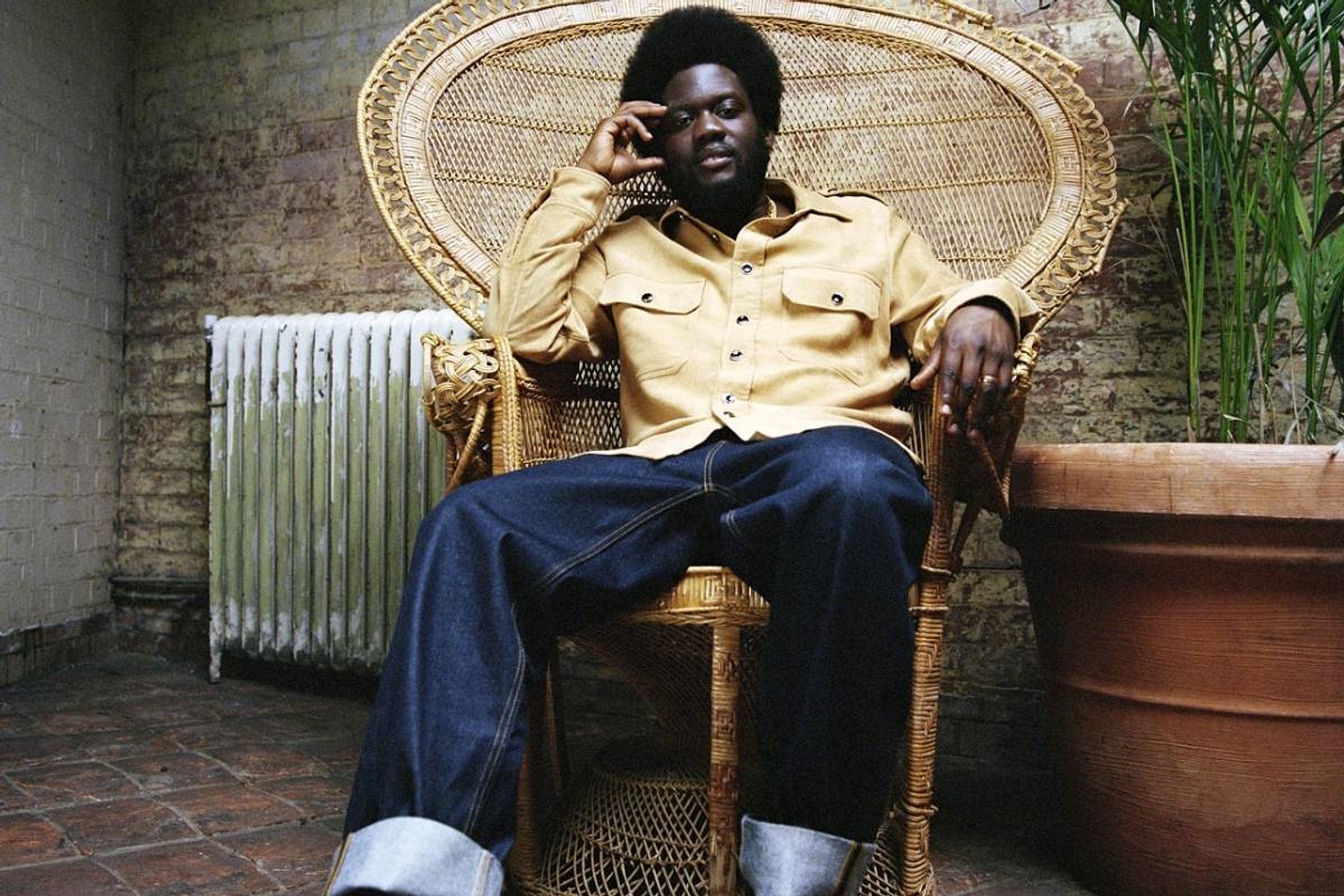
“When I was writing, I was thinking a lot about racial politics in the ‘70s, but it’s almost like history repeating itself.”
Though Michael often deals with feelings of anger or frustration in his work, the audible results are always undeniably soothing, slotting him firmly into the ‘easy listening’ category. Does he ever get fed up with being labelled as this kind of inoffensive entity?
“I mean, most of the time I like it, because it’s true,” he smiles. “Growing up both listening to music and making it, I’ve always gone to it as a type of therapy, an almost healing feeling. In my head that always means some sense of peace and rest, and that’s the music I’m always trying to make, even if it has a harder message to it.
“You’ll always have moments where you come across a favourite artist and go, ‘Oh, I wish I could sound like that’, but it always ends up coming out how you are. I wish I could sound as clear and concise as Kendrick Lamar, or create music that makes you want to move but doesn’t come across too cheesy – someone like Steve Lacy from The Internet. Could my next record be a dancey one? Maybe! But even when I think I’ve done it, it always ends up coming out too mellow. I can’t leave the mellowness alone!”
In some ways, given the stereotypical perception of the ‘angry Black man’, Michael’s commitment to calm is one of the most radical displays of self-ownership that one could imagine - a powerful reminder that blackness expresses itself in any infinite number of ways. As an award-winning album of the year, ‘KIWANUKA’ makes it clear that you don’t always have to shout the loudest to be heard - often the most long-lasting messages are the ones that are communicated through patient, rational means.
“I just hope it’s a record that says to be proud of who you are,” he says. “To really celebrate it, and to be excited that you’re alive. You know? It really is a gift and you only get one use of it, so enjoy it, man. Other people are always going to try and beat that out of you - don’t be the one to make their job easier.”
‘KIWANUKA’ is out now via Polydor.
As featured in the November 2020 issue of DIY, out now.
Read More
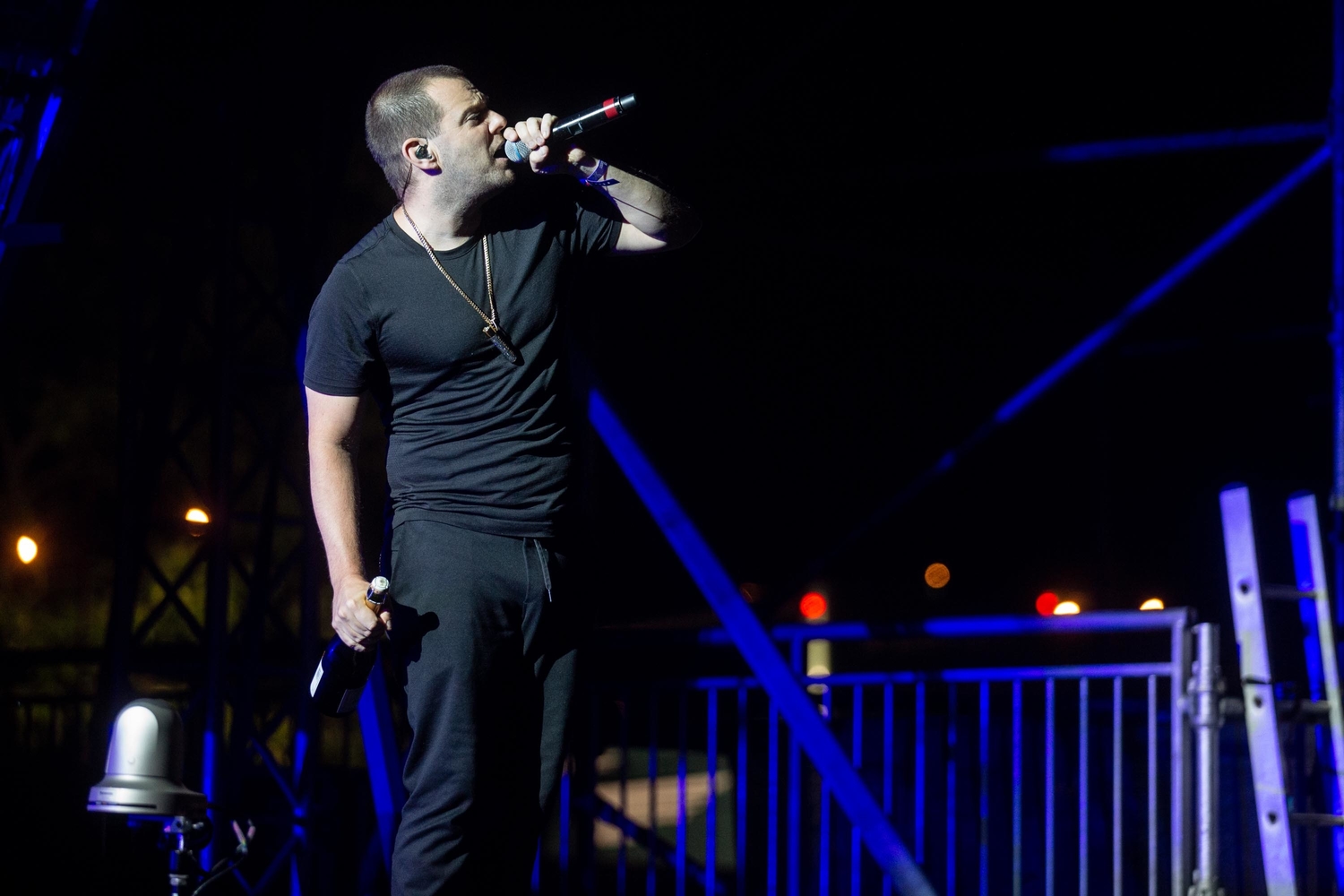
The Streets, Loyle Carner and STONE among new additions to Rock Werchter 2024 bill
The Belgian festival has today added 20 more names to its lineup…
18th January 2024, 10:30am
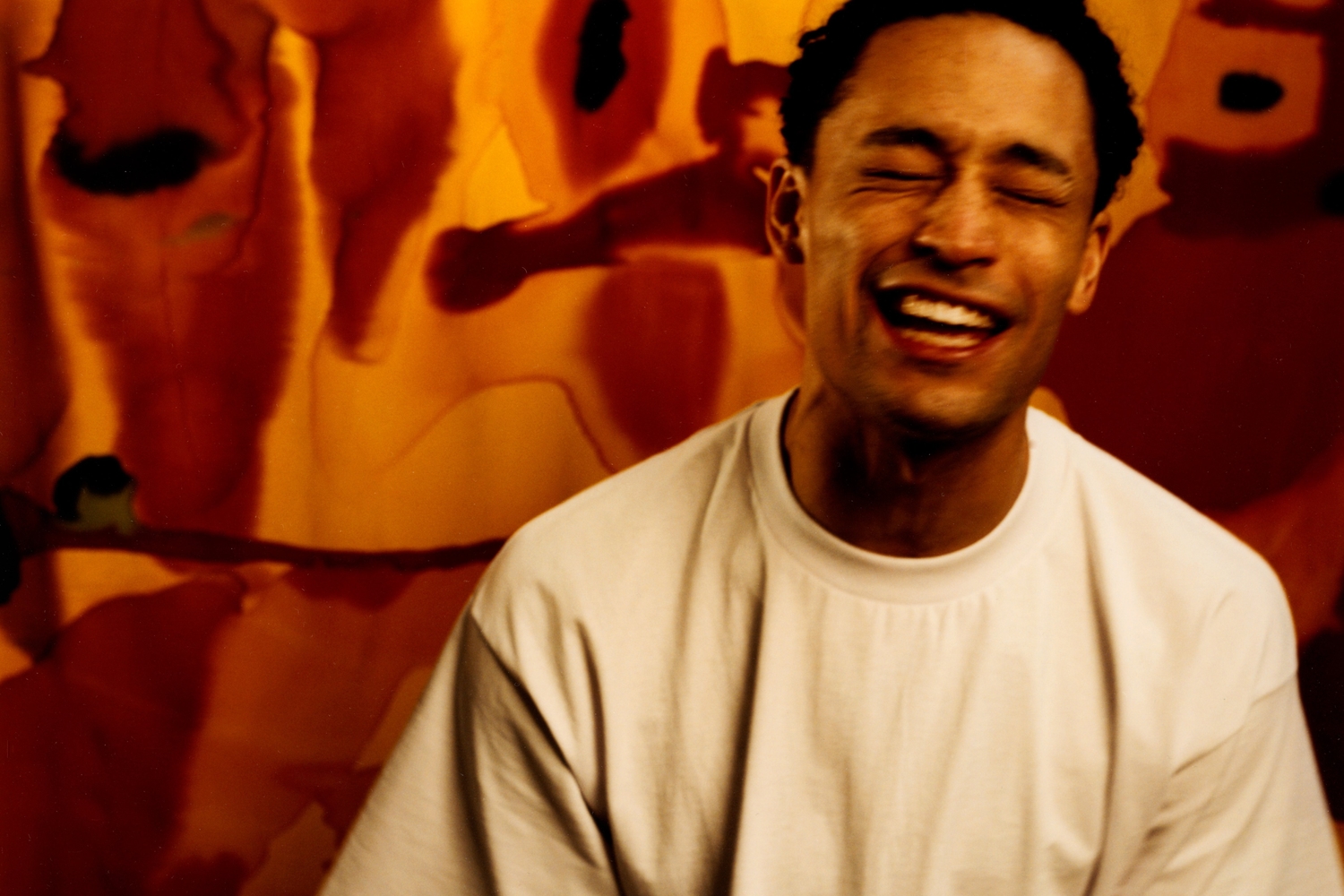
Loyle Carner, Sam Smith and Michael Kiwanuka among next names for Open’er 2024
Ice Spice and 21 Savage have also just been announced for the Polish festival's next instalment.
19th December 2023, 10:30am
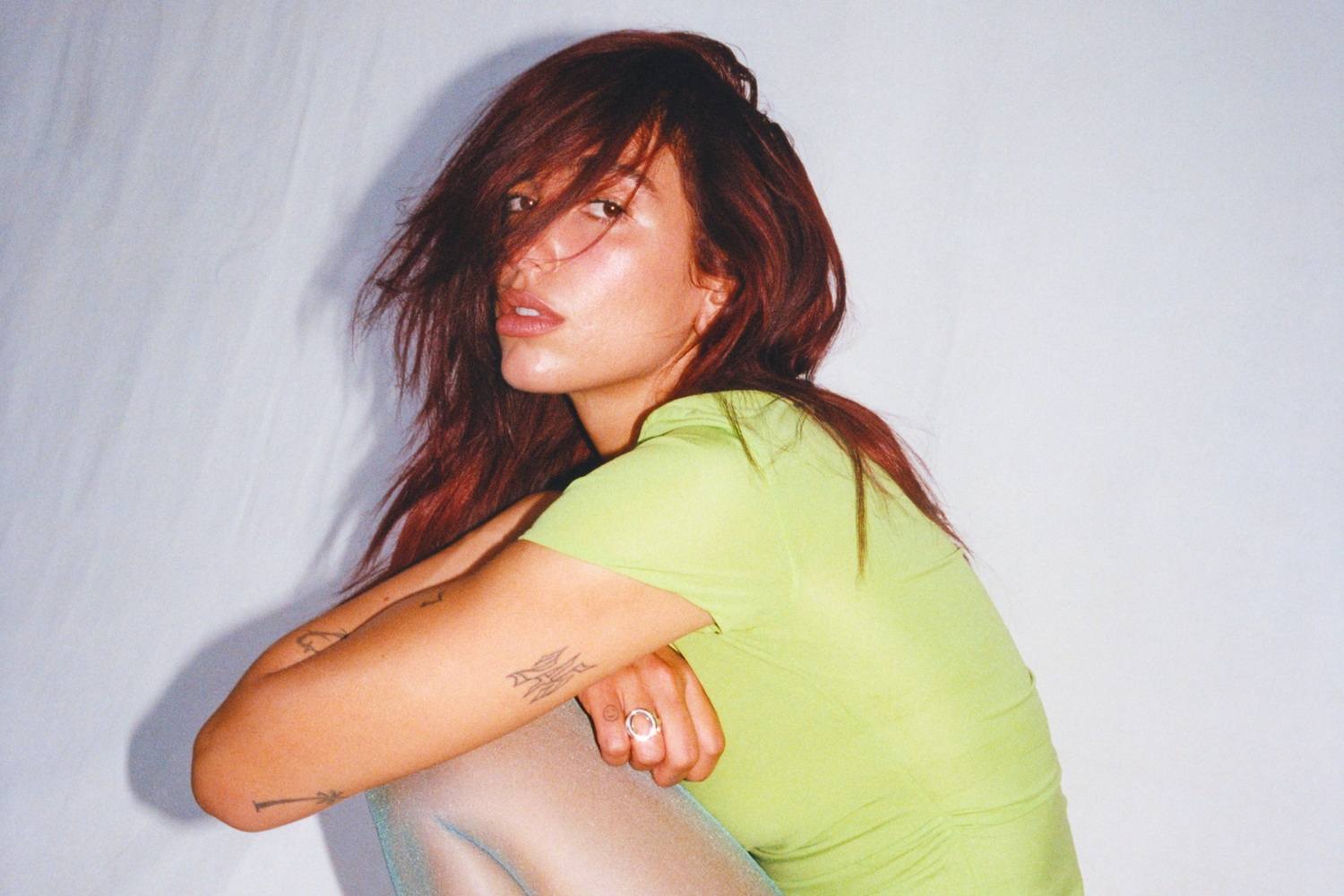
Dua Lipa, Pearl Jam, Jessie Ware and more to play Mad Cool 2024
The European weekender returns to Spain's capital next summer.
11th December 2023, 10:45am
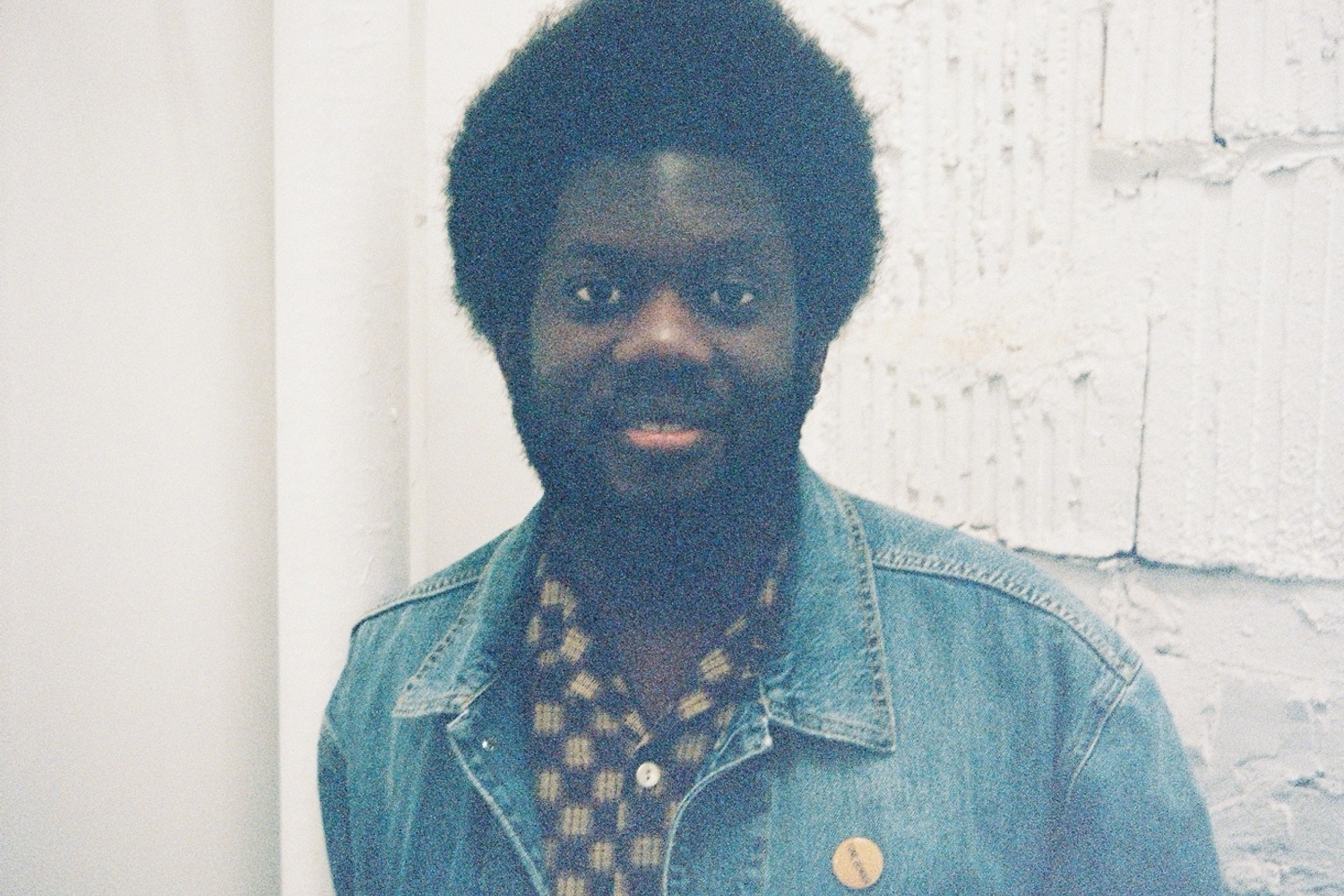
Michael Kiwanuka shares new track ‘Beautiful Life’
The track features on new documentary, 'Convergence: Courage In A Crisis'.
12th October 2021, 12:00am
Popular right now
Featuring Green Day, English Teacher, Everything Everything, Caity Baser and more!
